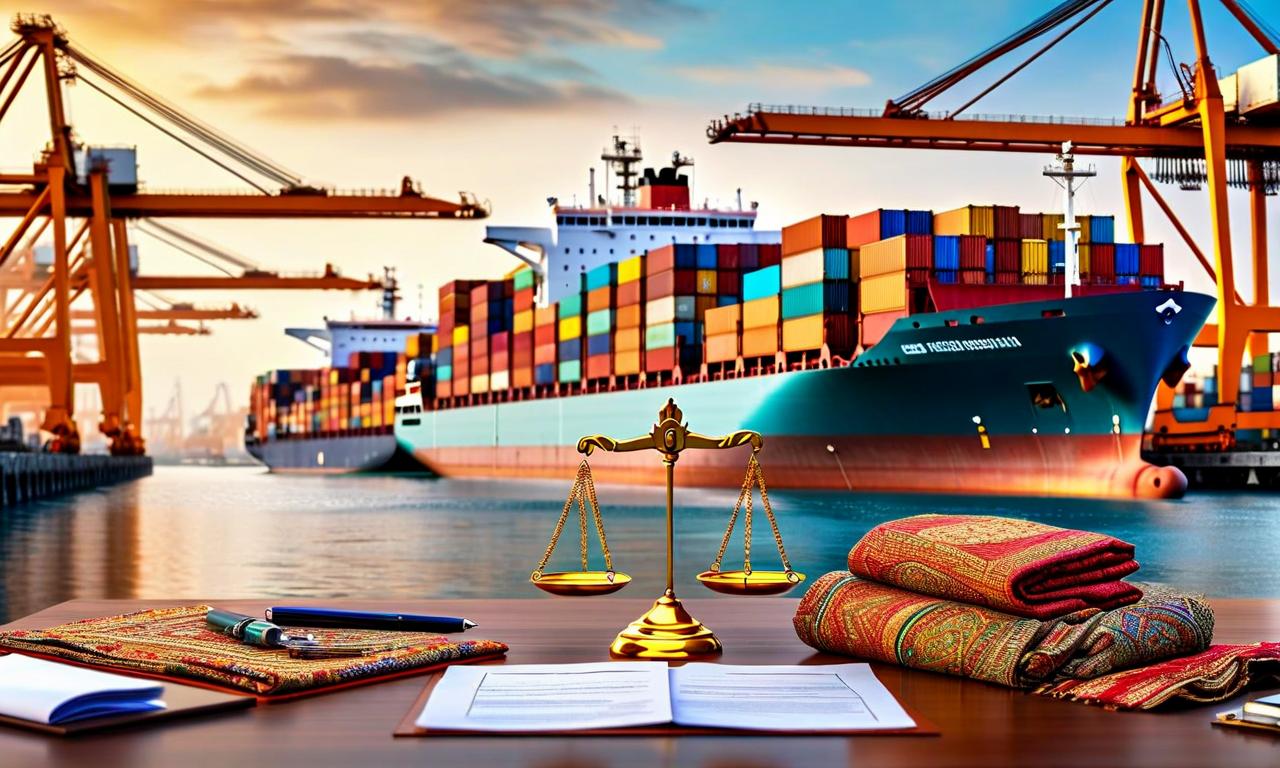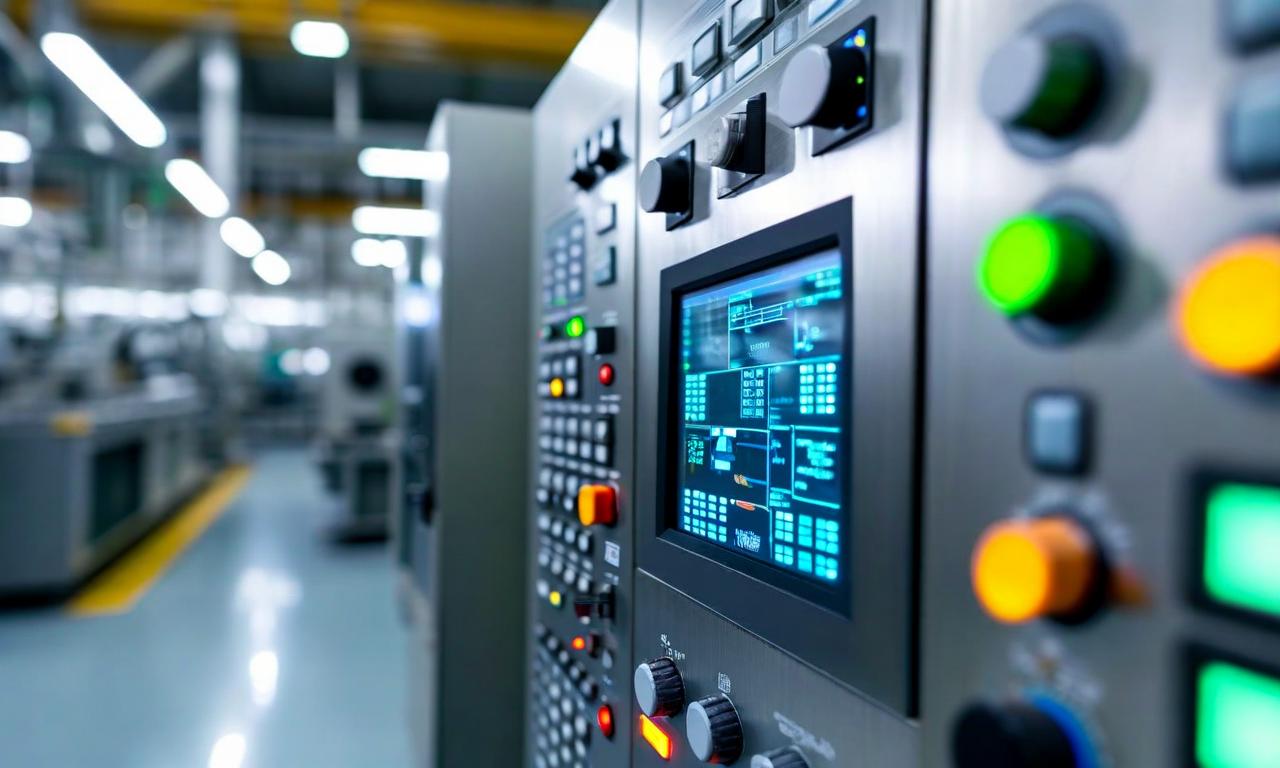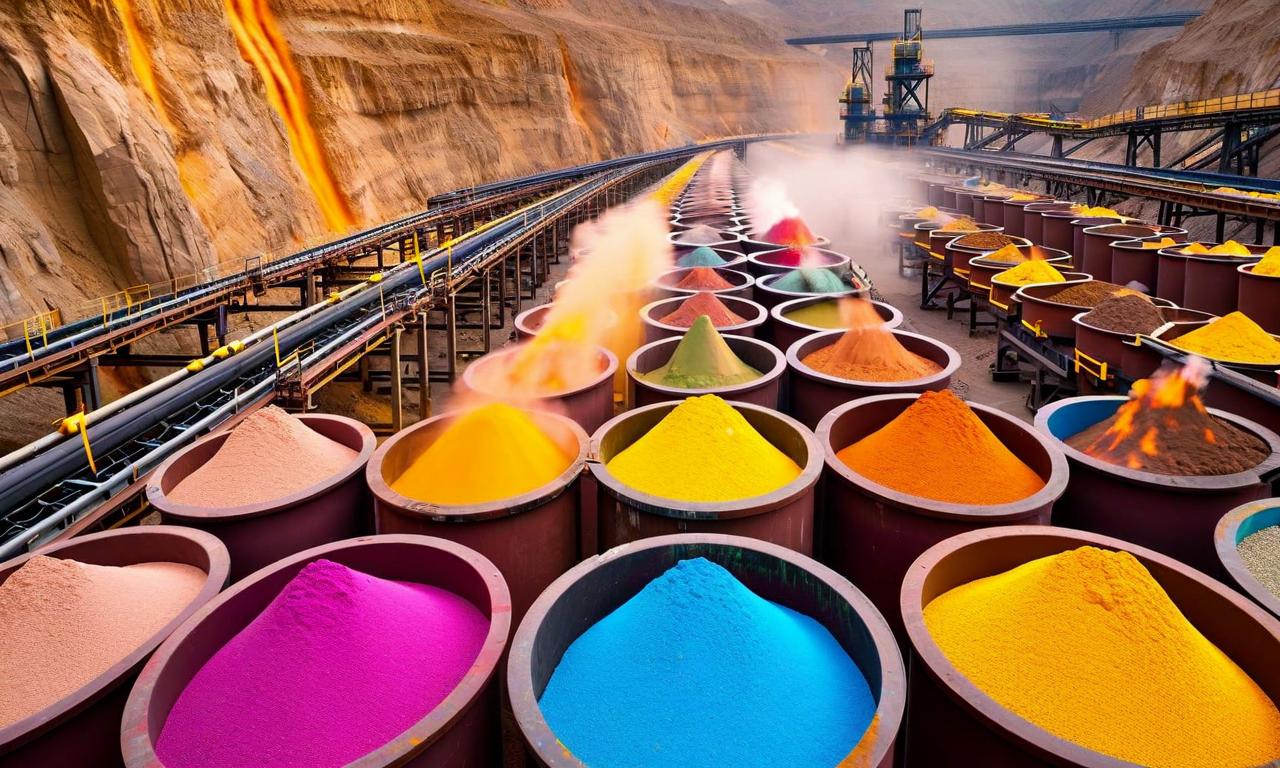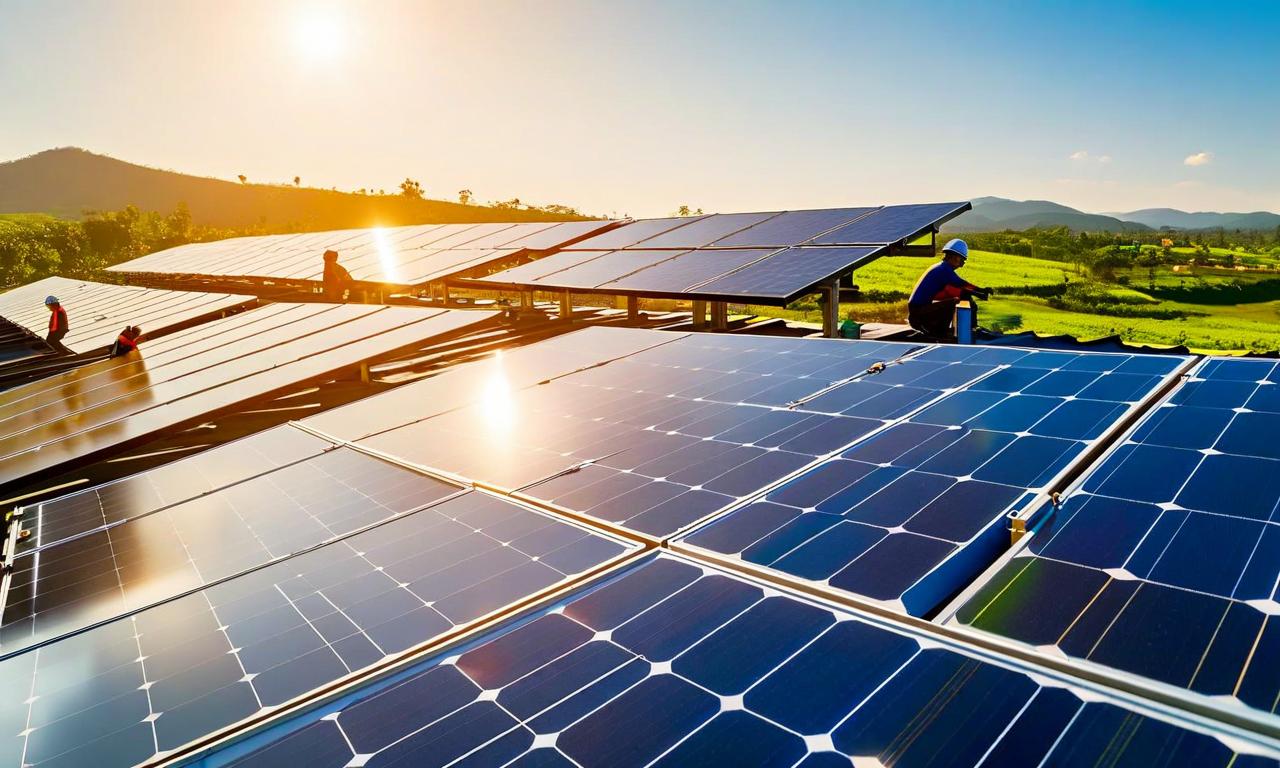US-India Trade Relations: Deepak Shenoy Challenges Trump's Claims Amid Treasury Secretary's Optimism
US Treasury Secretary Scott Bessent expressed optimism about resolving the tariff standoff with India, despite concerns over India's oil trade with Russia. The US has doubled tariffs on Indian imports to 50.00%, effective August 27, 2025, affecting sectors like textiles and jewellery. Bessent criticized India's Russian oil purchases but acknowledged India's values align more with the US than China or Russia. The US is considering additional sanctions against Russia. Meanwhile, Capital Mind CEO Deepak Shenoy challenged former President Trump's claims about unfavorable US-India trade relations.

*this image is generated using AI for illustrative purposes only.
US Treasury Secretary Scott Bessent has expressed optimism about resolving the ongoing tariff standoff between the United States and India, even as concerns persist over India's oil trade with Russia. The statement comes amid heightened diplomatic tensions and recent punitive measures imposed by the US on Indian imports.
Trade Dispute and Russian Oil
Bessent criticized India's practice of purchasing and reselling Russian oil, describing India as "not great actors" in global energy markets. This ongoing issue has been a point of contention between the two nations, with the US arguing that India's continued purchase of discounted Russian crude indirectly finances Moscow's military operations in Ukraine.
Tariff Increases and Diplomatic Tensions
In response to these concerns, the US administration has taken decisive action:
- Doubled tariffs on Indian imports from 25.00% to 50.00%
- New tariffs effective from August 27, 2025
- Affected sectors include textiles, jewellery, furniture, and chemicals
Potential for Further Action
Bessent indicated that the US administration is keeping all options on the table, including the possibility of additional sanctions against Russia. This stance underscores the complex interplay between trade relations and geopolitical considerations in US-India diplomatic ties.
India's Geopolitical Position
Despite the current tensions, Bessent offered a nuanced view of India's global alignments:
- Acknowledged that India's values are closer to those of the US than to China or Russia
- Described Prime Minister Modi's recent meeting with Russian President Putin at the SCO Summit as "largely performative"
This assessment suggests that while there are ongoing disagreements, particularly regarding India's energy trade with Russia, the US still views India as a potential strategic partner in the broader geopolitical landscape.
Deepak Shenoy's Perspective
Amid these developments, Capital Mind CEO Deepak Shenoy has challenged former US President Donald Trump's characterization of US-India trade as unfavorable to America. Shenoy argued that:
- The US maintains a trade surplus with India in services, contrary to Trump's claims of a one-sided relationship
- India's purchasing patterns from China are similar to America's trade patterns
- US support for Pakistan has been a factor in limiting Indian defense purchases from America
- Existing US tariffs on Indian textiles and FDA barriers on pharmaceutical companies already impact trade
Shenoy's comments came in response to Trump's claim that India had offered to eliminate tariffs, which he dismissed as too late, describing the trade relationship as a disaster.
Looking Forward
While Treasury Secretary Bessent believes the current trade dispute is temporary and can be resolved, the path to resolution remains unclear given the complex web of economic interests and geopolitical considerations at play. As this situation continues to evolve, both nations will need to navigate carefully to balance their economic interests with broader strategic goals in an increasingly complex global environment.

























